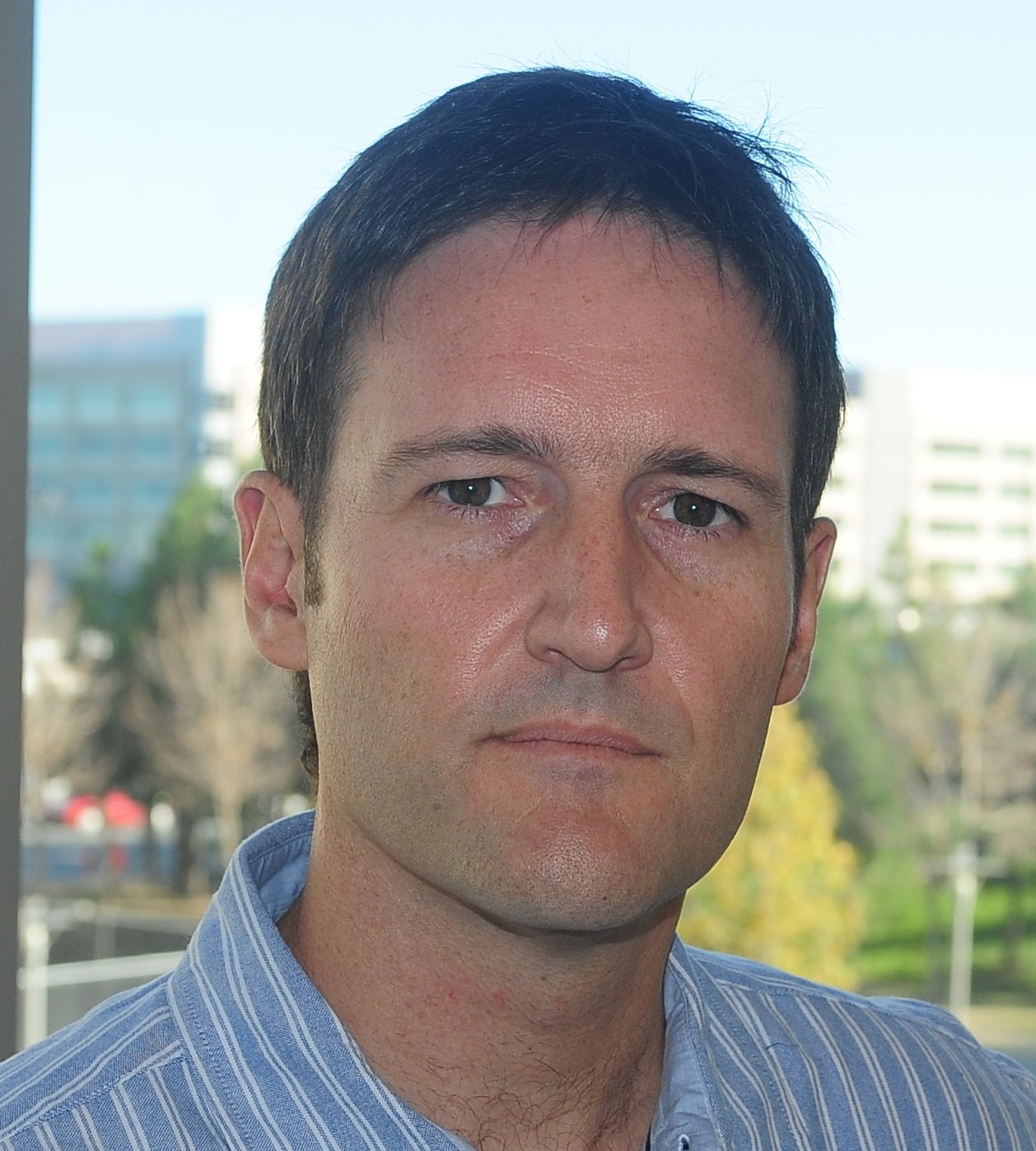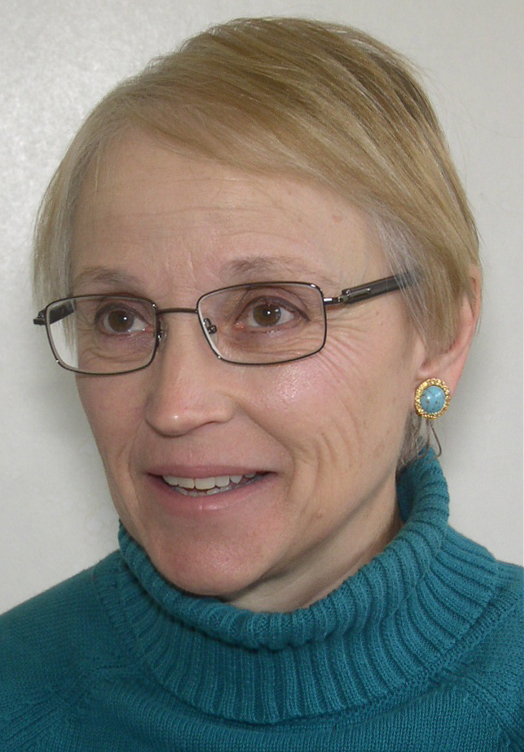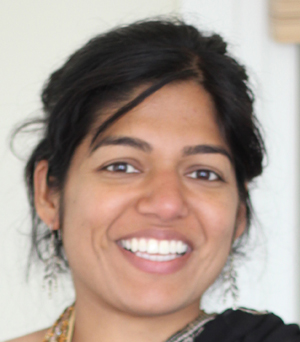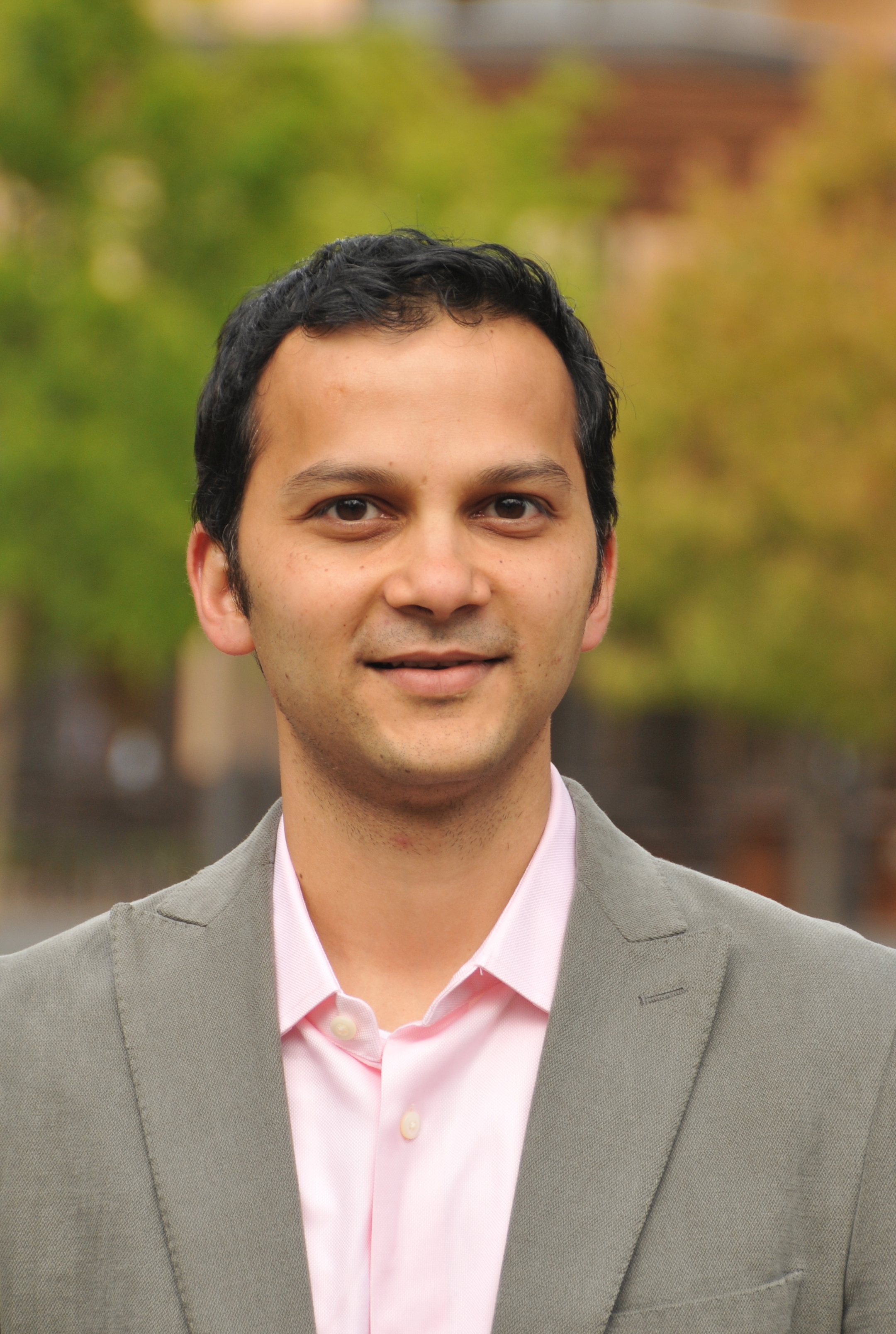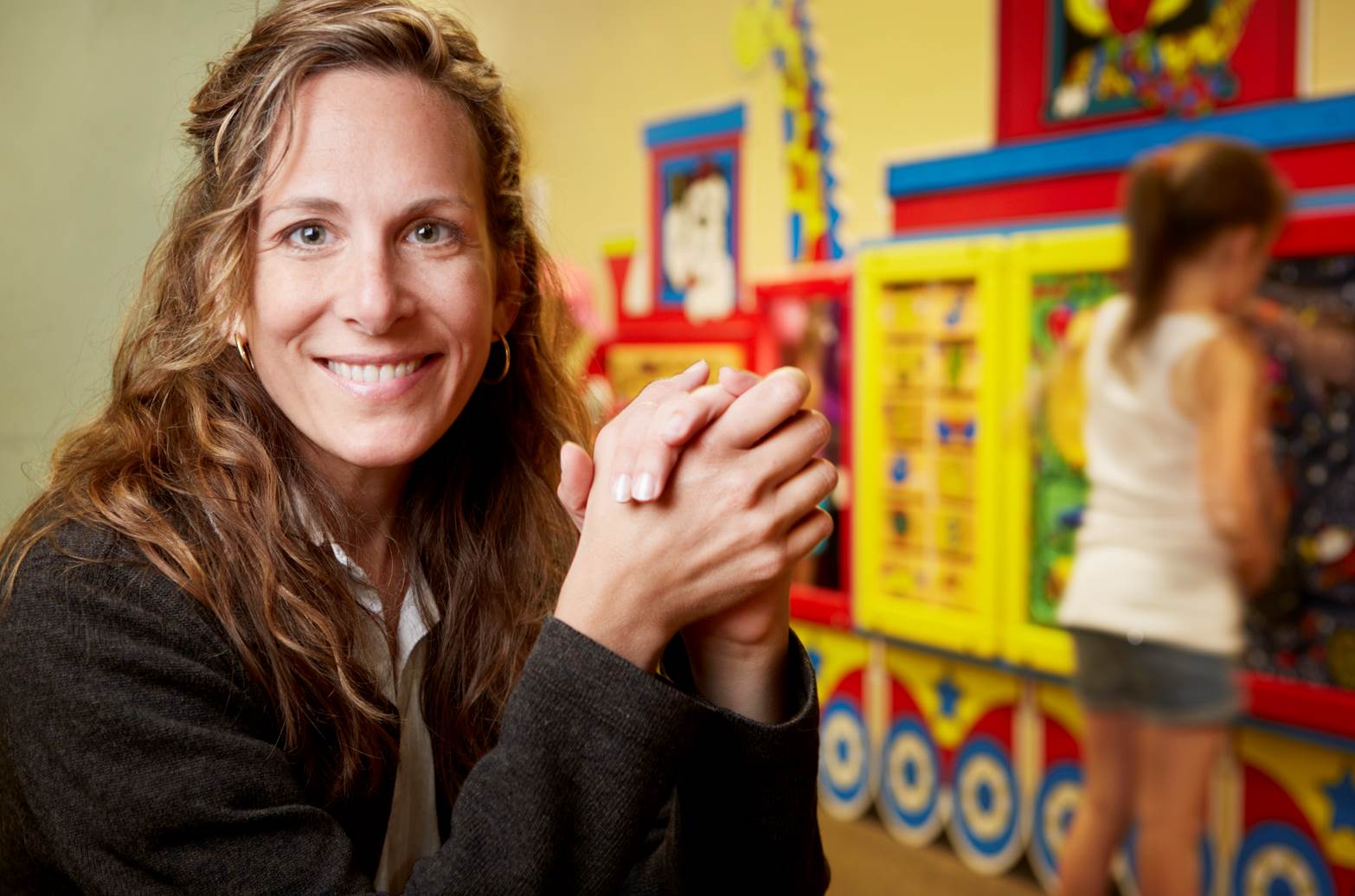|
Sergio Baranzini, PhD This RAP award will enable the comparison of two methods to collect stool specimens for microbiome studies in humans. The most commonly used methods are based on either dry (q-tip) or wet (bulk amount) sampling, but each has its advantages and drawbacks, including sample stability, DNA quality, and price. To date, no systematic comparison has been performed between these two methods, thus no standard yet exists to select the collection method for an upcoming large study. Here we propose to sequence 16S ribosomal RNA genes from stool samples from 10 multiple sclerosis patients and 10 healthy controls, acquired with both dry and wet collection protocols. The goal of this study is to compare the microbial communities present in specimens obtained with each sample collection method. If we observe no significant differences, an important decision about which collection method to use will be made for a large upcoming study involving hundreds of samples. As the field of microbiome studies in disease evolves, it is becoming clear that groups with the ability and expertise to collect and analyze this type of data, and to integrate it with already existing datasets, will have a competitive advantage to obtain funding and, ultimately, to advance the field forward. Therefore, results from this pilot study will be used as preliminary data in grant applications to the NIH and National MS Society. |
|
Constance M. John, PhD The support from the RAP Pilot grant that I recently received entitled “SAMDI-TOF Mass Spectrometry for Drug Discovery” will enable us to focus on application of self-assembled monolayers (SAMs) with matrix-assisted laser desorption/ionization time-of-flight mass spectrometry (MALDI-TOF MS) to the drug discovery process. SAMs are formed on surfaces by the ordered and spontaneous absorption of amphiphilic surfactants on glass, gold, and other metals and have had wide application in biology as arrays. SAMDI-TOF MS is enabling for binding assays for detection of unlabeled ligands, analyses of mixtures including natural product extracts, screening for inhibitors of protein-carbohydrate or protein-protein interactions, and identification of new drug targets. Nonetheless, currently few labs are exploiting the methodology. In this pilot study, we will use solid-phase chemistry to prepare functionalized SAMs on gold-coated MALDI targets for ligand binding and glycosyltransferase assays. Through the UCSF Sandler-Moore MS Core Facility, our research group has access to a state-of-the-art Synapt G2 HDMS for high-resolution MALDI MS. We aim to use this instrument to further develop SAMDI-TOF MS for target identification and drug discovery in our own research and for collaborations with colleagues at UCSF, Global Blood Therapeutics, and other pharmaceutical companies. |
|
Jyoti Mishra, PhD The new RAP Global Health Basic Science Award shall enable Project "ROCK ON": Remediation of Cognition in Kids to Overcome Neglect. ROCK ON is a global mental health project collaboration between UCSF and the All India Institute of Medical Sciences (AIIMS), New Delhi. It shall assess the feasibility, acceptability and pilot efficacy of a novel cognitive training program applied in pre-teen and adolescent children who have suffered from early life neglect. Children in a foster-care home setting in New Delhi, India will train on the ROCK ON program for three months and will be assessed on cognitive, behavioral, academic performance and neuroimaging measures before and after training and in a follow-up visit. Outcomes will be compared to a wait-listed control group. The ROCK ON cognitive training is technologically advanced in its online computerized framework that allows implementation in a remote internet-connected setting. Additionally, the training focuses on neuroplasticity targeted remediation of the cognitive deficits observed in neglected children. If successful, the ROCK ON training program shall provide a scientifically validated means of positively impacting and enriching the lives of neglected children worldwide. |
|
Dhruv Kazi, MD, MSc, MS Rheumatic heart disease (RHD) has long sat in a public health blind spot because policy makers underappreciate the enormous economic burden of the disability and premature mortality it places on the world’s poorest nations. Secondary prophylaxis with penicillin is effective and strongly recommended by the World Health Organization, but the optimal screening method to identify who should receive secondary prophylaxis is unclear. Recent studies have shown that echocardiography identifies 10-20 fold more cases than physical examination alone, resulting in calls for national echocardiographic screening programs. But echocardiography is expensive and technically demanding, and its cost-effectiveness as a public health intervention remains undefined. The RAP Global Health Policy Award will support a partnership between UCSF and Indian collaborators to systematically evaluate whether echocardiographic screening programs represent a sound public health investment. In order to answer that question, we are building the India RHD Policy Model: a microsimulation model recreating the natural history of RHD to assess the cost-effectiveness of echocardiographic screening of school-age children in India. This is a timely endeavor as India and other low- and middle-income countries (LMICs) direct greater attention and funding to their ongoing epidemics of non-communicable diseases. The India RHD Policy Model will produce actionable, policy-relevant results; be adaptable to other contexts (e.g., Sub-Saharan Africa); and extendible to evaluate other prevention strategies for RHD control. On account of RHD’s position at the interfacebetween communicable and non-communicable diseases, strategies for RHD control may serve as aroadmap for public health interventions in LMICs undergoing the epidemiological transition. We thank RAP and Global Health Sciences for supporting this international collaboration. |
|
Jeroen Roose, PhD EGFR signaling in the breast regulates a variety of cellular activities responsible for tissue development and morphogenesis. EGFR signaling also plays a major role in breast cancer, exemplified by the overexpression of the ERBB2/HER2 receptor in 30% of patients and the success of Herceptin targeting ERBB2/HER2 in the clinic. “Triple negative” tumors are an aggressive breast carcinoma class of a basal-subtype that do not express ErbB2 and are not responsive to Herceptin. The EGFR is expressed in many of these basal carcinomas, which provides a possible point of entry for therapeutics that target the EGFR and its downstream pathways. The RAP pilot grant awarded provides the Roose lab with the exciting opportunity to investigate a new direction focused on the role of Ras exchange factors downstream of the EGFR in the context of mammary development and breast cancer. |
|
Chris Lau, PhD Numerous neurological and psychiatric disorders, such as major depression, schizophrenia, autism, Hirschsprung disease and neurodegeneration, show a variety of gender disparities in incidence, time of onset, course of progression and/or treatment responses. Although hormone, parental imprinting, and mutations of genes on the X chromosome could contribute to such sexual dimorphisms, the roles of genes on the Y chromosome have not been explored in details. Recent studies in our laboratory suggest that genes on this male-only chromosome could exert significant effects on neurodevelopment. This RAP award will provide seed money for us to explore the potential role of the sex-determining gene, SRY, on the Y chromosome as an epigenetic modifier in neurodevelopment in a transgenic mouse model, established in our laboratory. Various advanced genomic strategies, i.e. ChIP-Seq and RNA-Seq, will be used with established pathogenic studies in this project, results of which could lead to a new direction of investigation on the roles of Y chromosome genes in the etiologies of human diseases, and future developments of genderized and precision medicine. |
|
Ma Somsouk, MD, MAS Though antiretroviral therapy has vastly improved the health of the HIV/AIDS community, HIV-infected individuals continue to experience excess morbidity and mortality related to chronic inflammation. Recent work from our group (co-investigators Ivan Vujkovic-Cvijin, Mike McCune, and Sue Lynch) has highlighted the potential role of the community of microbes that live in the gastrointestinal tract, the gut microbiome, in driving systemic inflammation. The RAP Pilot Award in HIV/AIDS will allow us to assess whether restoration of the gut microbiome of HIV-infected individuals may reduce levels of inflammation, with the aim of reverting chronic inflammation back to a healthy state. Such an award will allow us to understand the potential impact of microbiome modulation on the health of HIV-infected populations, and will fuel future studies geared toward elucidating targeted strategies toward alleviating chronic inflammation in HIV. |
|
Elysa Marco, MD To date, Dr. Marco’s work has predominantly focused on lab-based assessment of children with traditional diagnosis (e.g., Autism, ADHD, and Sensory Processing Disorder.) However, there is growing recognition that both basic sensory processing and cognitive control dysfunction does not respect these labels and that assessment needs to be pushed into clinic if it is going to be useful. This award will not only fosters cross departmental clinical research development but also provide momentum for fundamentally changing the bedside assessment of attention in our neurodevelopmental clinics by piloting a detailed but efficient assessment using a child-friendly approach—iPad games. |
|
Melissa C. Morgan, MD, MSc In developing countries, prematurity and severe infections account for a substantial proportion of neonatal deaths. Pumwani Hospital is the main maternity facility in Nairobi, Kenya, providing care to approximately 22,000 women and their babies annually in a resource-constrained setting. Pulse oximetry is a simple, cost-effective tool that can determine the need for oxygen in sick newborns in whom oxygen may be life saving. Further, pulse oximetry can be used to titrate oxygen to provide the optimal ‘dose’ for neonates, thereby reducing the risk of hyperoxia-associated toxicity. The RAP Global Health Policy Award will support the implementation of neonatal pulse oximetry at Pumwani Hospital through a 2-phase study. Phase 1 will establish the normal range for oxygen saturation measurements among clinically well term, preterm, and low birth weight neonates born at an altitude of 1,800 meters. Phase 2 will measure the efficacy of training hospital staff and mothers to provide tailored oxygen therapy to sick newborns. If this approach proves successful, it could be widely disseminated in resource-limited settings. |
